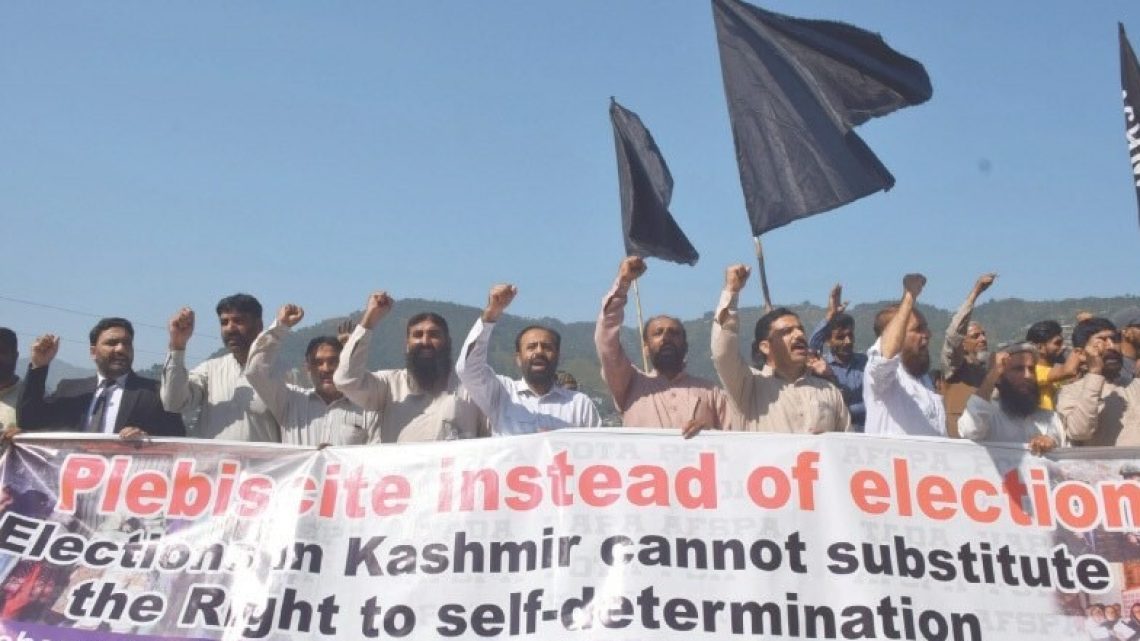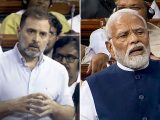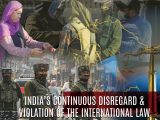
Foreign Diplomats Cautioned Against India’s Farcical Elections in IIOJK
September 25, 2024The Jammu Kashmir Democratic Freedom Party (DFP) has urged foreign diplomats to reject the Indian government’s misleading narrative of normalcy in Indian illegally occupied Jammu and Kashmir (IIOJK).
This statement follows India’s invitation to diplomats during the second phase of what many consider a farcical election process. This electoral exercise is conducted under strict limitations and is seen as an attempt to legitimize India’s occupation.
DFP spokesman Advocate Arshad Iqbal addressed these concerns in Srinagar, calling the Indian government’s actions misleading. He urged for independent observers to assess the real situation rather than rely on orchestrated tours.
Iqbal underscored that the elections serve as a distraction, diverting Kashmiris from their ongoing freedom movement. He pointed out that India has a history of using such guided visits to shift focus away from critical issues.
He reminded diplomats of their nations’ roles in supporting UN Security Council resolutions that uphold Kashmiris’ right to self-determination. Resolving the Kashmir issue, he argued, is essential for maintaining regional peace.
Furthermore, Iqbal criticized the electoral process, highlighting how manipulative reforms and gerrymandering dilute the representation of Muslim voices in IIOJK. He emphasized that these tactics undermine the integrity of democratic processes.
“The Indian government, which prides itself on its democratic values, has openly violated UN Security Council resolutions,” Iqbal asserted. He called on the visiting delegation to conduct a thorough review and recognize the seriousness of this internationally acknowledged dispute.
The DFP’s call to action reflects broader concerns about the representation and rights of Kashmiris. The situation remains complex, with serious historical, political, and social implications.
Diplomats must approach their observations with a critical mindset. Engaging with the narratives presented by the Indian government without scrutiny could perpetuate misinformation about the situation in Kashmir.
Iqbal’s message highlights the importance of transparency and independent assessments. The international community must remain vigilant against narratives that aim to downplay the realities faced by Kashmiris.
In conclusion, the DFP’s appeal is a crucial reminder that foreign diplomats play a significant role in shaping international perceptions. Understanding the intricacies of the Kashmir issue is vital for fostering genuine dialogue and seeking a just resolution.

